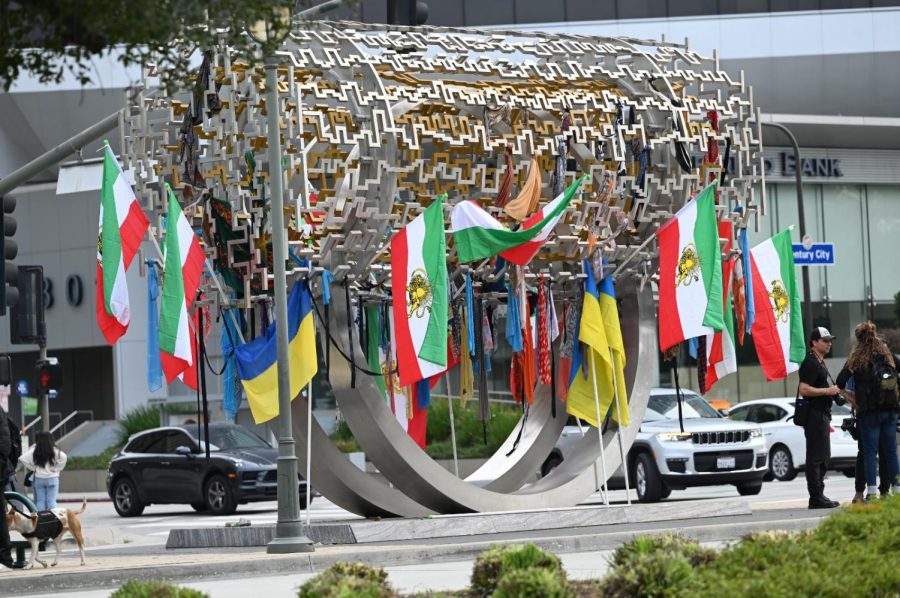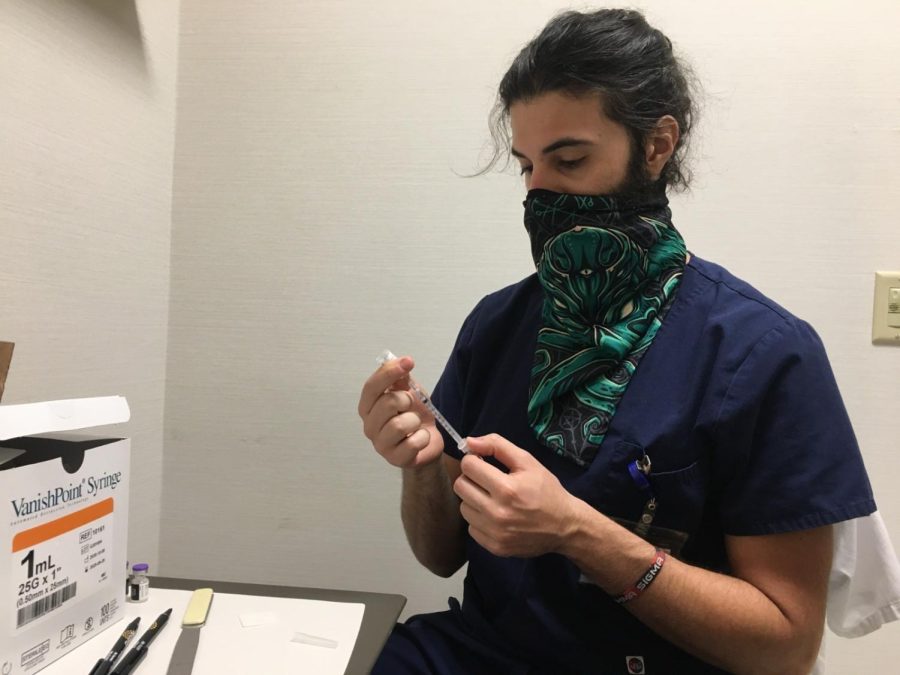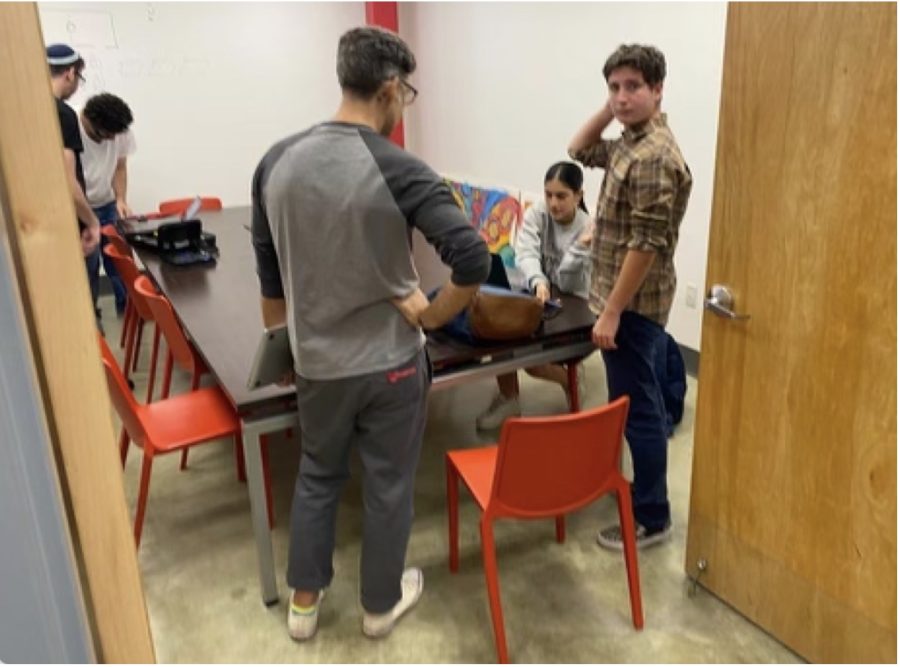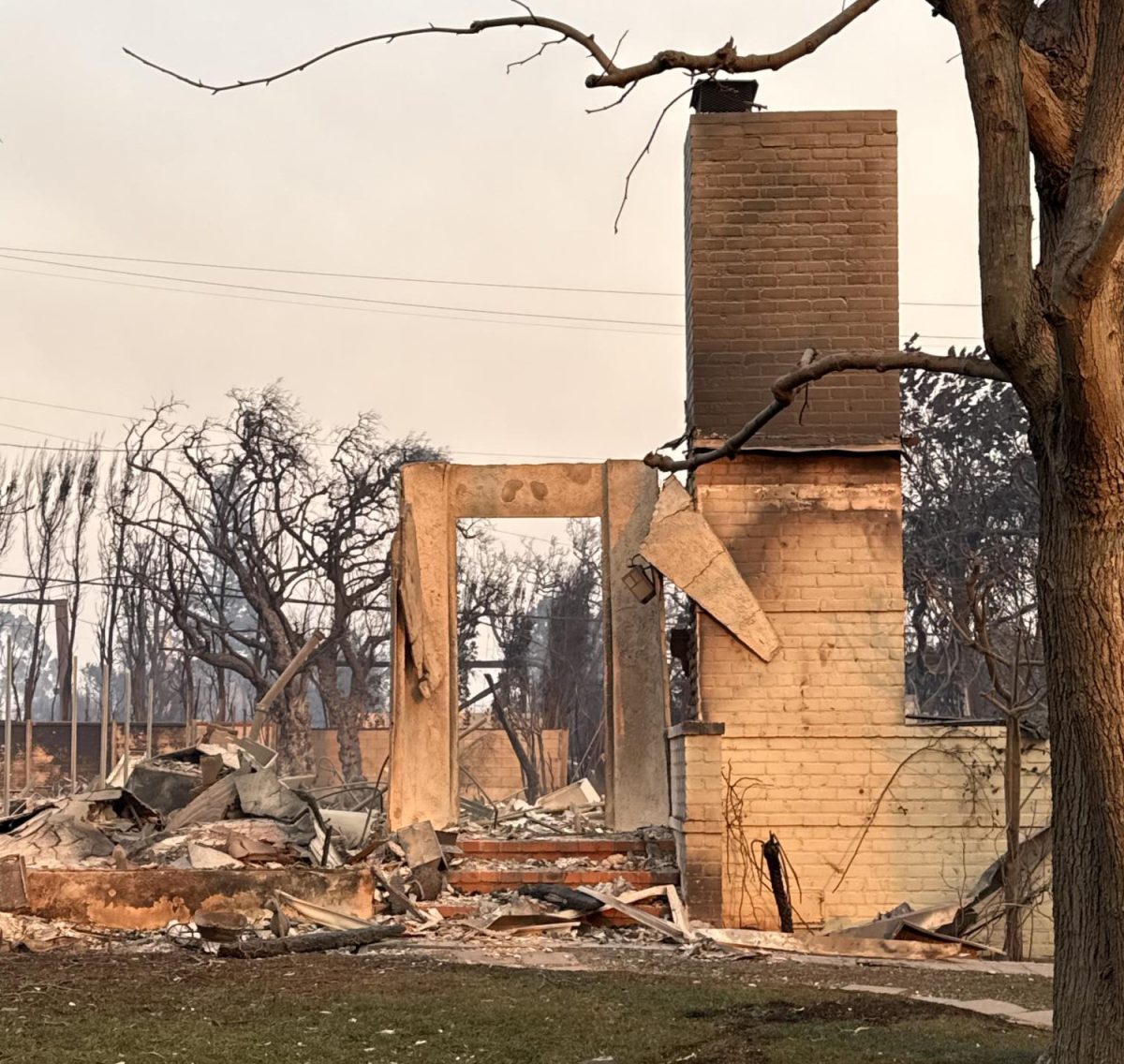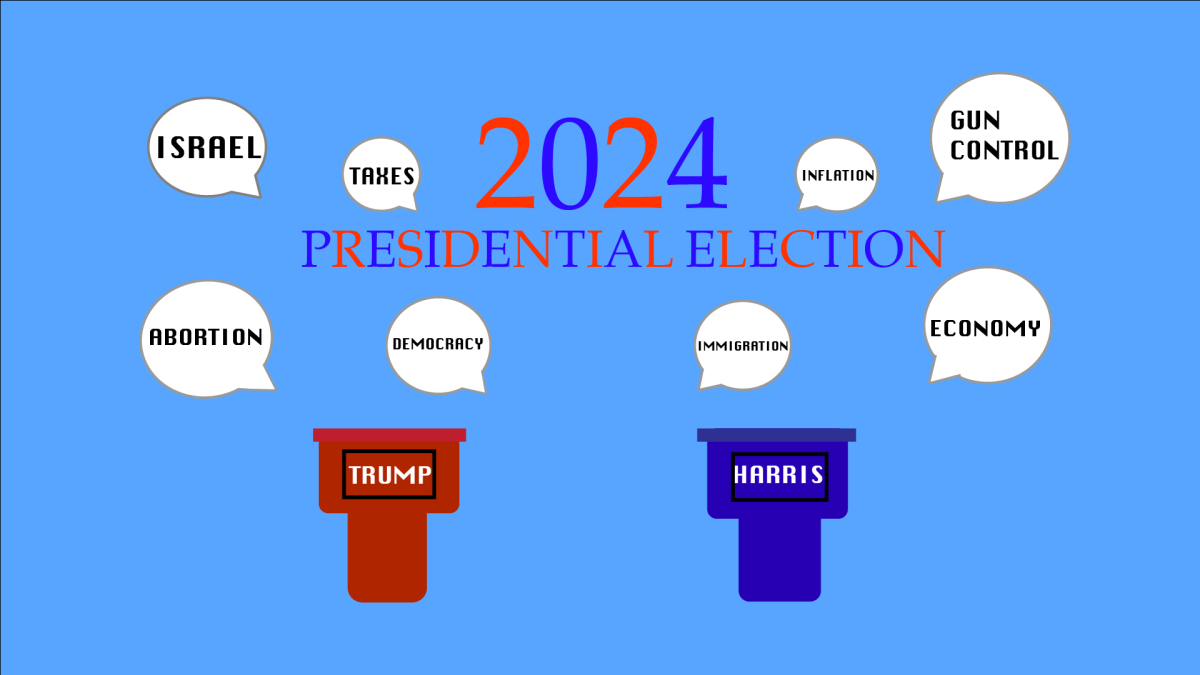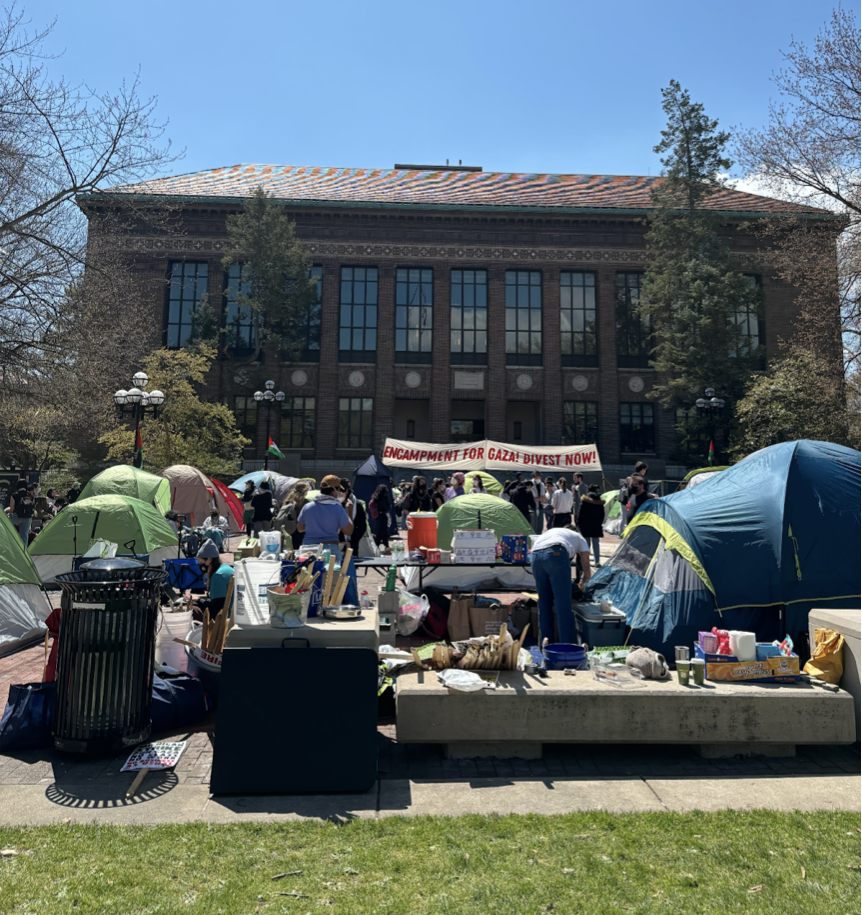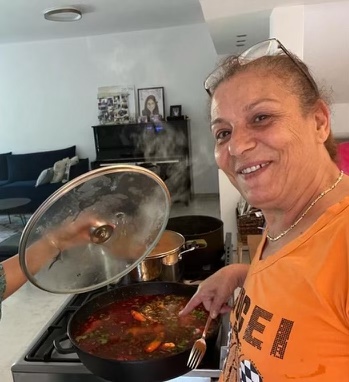“Good fences make good neighbors,” wrote the American poet Robert Frost in “The Mending Wall.” However, this statement promotes the opposite of the spirit that USAID – the United States Agency for International Development — wants to project in its relationship with Mexico.
In a phone interview with The Boiling Point, Roger Garner, the agency’s Mission Director in Mexico, said that the U.S and Mexican governments have to be more organized than the drug traffickers when trying to stop Mexico’s rising violence.
“I think we have great partnerships,” said Mr. Garner, when asked how Mexican law enforcement collaborates with USAID programs. “We have the same problems on both sides, [and] every reason to work together on these issues… we learn from each other. We are humans, families, communities – on both sides.”
Despite their efforts, cities on both sides of the border are experiencing increasing violence as the drug war seems to intensify. In Tijuana, just across the border from San Diego, gunmen shot 13 people in a drug treatment center Oct. 24, according to the Los Angeles Times (http://tinyurl.com/BPTijuana). Other attacks on drug clinics have occurred in the state of Chihuahua, particularly in Ciudad Juarez, the most violent city in Mexico, just south of Texas.
Yet perhaps things could be worse. Mexico has benefited particularly from an initiative approved by the U.S Congress in 2007 called the Merida Initiative, an agreement between the United States and Mexico, Central American, and Caribbean countries to work together to combat organized crime. The Initiative aims to provide U.S funds to Mexico for social service programs to stabilize the turbulent environment created by the country’s drug war.
Among other things, the Initiative’s total funding of $1.6 billion supplies technology to strengthen telecommunications systems that track criminals’ movements, along with training to ensure a better legal system and aircraft transport for Mexico’s police and military. Seventy-four million dollars support an end to the smuggling of illegal firearms from the U.S to Mexico.
“The Merida Initiative is money where we work together on common problems,” said Mr. Garner. “[USAID’s] concentration is with social investments, education, health, getting civil society to participate in demanding good clean government.”
Some of USAID’s goals include fighting poverty, forming youth programs to help teenagers stay in schools and not join drug gangs, and encouraging Mexico to reform its justice system.
“A lot of people were analyzing how if a young person has no choice in a career, gangs will tell them ‘we’ll pay you so much for how many people you kill,’” Mr. Garner explained.
Mr. Garner says that passing justice reform would help, and that will take time, but the Initiative’s funding ends in 2011. But everyone expects USAID’s presence in Mexico to continue — indefinitely.
“As long as we’re consuming drugs…I have a feeling we’re going to be here for a long time,” said Mr. Garner. “You look at the complexity of the two countries and see a problem in one that is rooted in another country – us buying drugs and Mexicans selling drugs.”
“There is no USAID country that matters more to the U.S than Mexico in terms of the relationships, and the future well-being of the United States,” he added.
“Even though Mexico has become more and more violent in terms of number of people killed, I would say we have the best, closer working relationship we’ve ever had before.”


